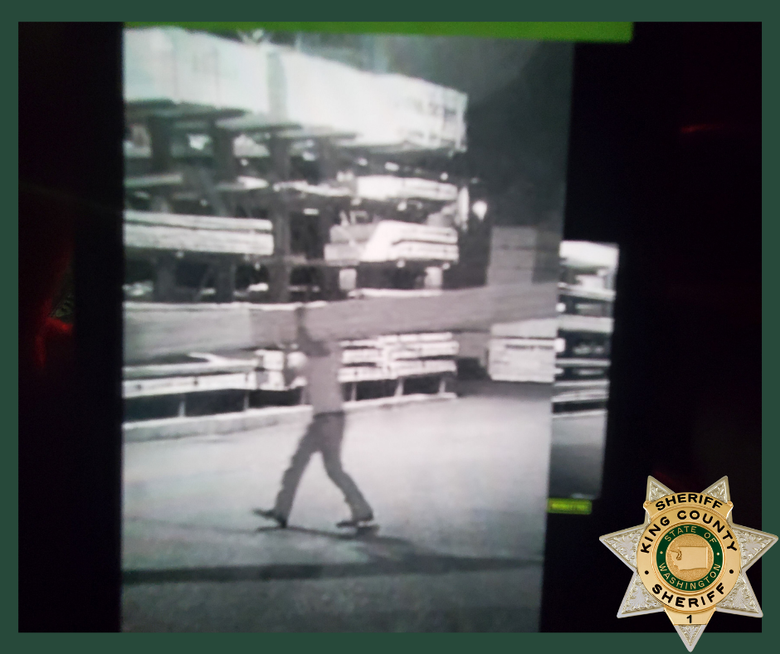
In State v. Markovich, the WA Court of Appeals held that an out-of-state conviction for drug possession may not be included in the calculation of an offender score. There is no longer a comparable Washington offense after State v. Blake declared Washington’s strict liability simple possession statute to be unconstitutional.
FACTUAL BACKGROUND
In the early morning hours of July 13, 2017, police officers broke down the door of an apartment in Everett while executing a search warrant. The defendant Mr. Markovich was sitting on a couch in the front room of the apartment. Officers noticed digital scales, loaded and unloaded syringes, baggies, burnt aluminum foil, and a small stack of cash near the couch. Markovich was handcuffed and led outside the apartment. He had a small “baggie” containing a white substance in his pocket. The substance was later determined to be less than a gram of methamphetamine.
In the bedroom, officers also discovered a black fabric bag containing a larger quality of methamphetamine, heroin, and related drug paraphernalia. Markovich was charged with Possession of Methamphetamine and Heroin With Intent to Deliver or Manufacture.
At trial, Markovich was convicted as charged. The court imposed a high-end standard range sentence of 108 months in prison followed by 12 months of community custody. Markovich appealed on numerous grounds.
While this appeal was pending, the Washington Supreme Court decided State v. Blake, holding that Washington’s drug possession statute, RCW 69.50.4013(1), violated the due process clauses of the state and federal constitutions and was void. 197 Wn.2d at 186. Markovich filed a motion for resentencing in superior court, arguing that he was entitled to resentencing in light of Blake because his two prior out-of-state convictions for drug possession were included in the calculation of his offender score.
COURT’S ANALYSIS & CONCLUSIONS
On this issue, the Court of Appeals reasoned that a prior conviction based on a constitutionally invalid statute may not be considered when calculating an offender score.
“A sentence that is based upon an incorrect offender score is a fundamental defect that inherently results in a miscarriage of justice,” said the Court, quoting In re Pers. Restraint of Goodwin. The Court emphasized that the remedy for such a defect is resentencing under the correct offender score:
“In Blake, the Supreme Court declared Washington’s strict liability drug possession statute unconstitutional and void. Because penalties imposed under the invalid statute are void, defendants who were sentenced based on an offender score that included prior convictions under this unconstitutional statute are entitled to resentencing.” ~WA Court of Appeals.
Consequently, although the Court agreed with Markovich on this issue and re-sentenced his accordingly, it nevertheless denied his remaining claims on appeal.
My opinion? Good decision, overall. Our Court’s are dutifully re-calculating offender scores in the wake of the Blake decision. However, this opinion dealt only with convictions from other states. A specific statute, RCW 9.94A.525(3) treats federal convictions for crimes for which there is no clearly comparable offense under Washington law as a class C felony equivalent in the offender score. Federal simple drug possession felonies should, therefore, continue to be included in the offender score.
Please contact my office if you, a friend or family member are charged with a crime. Hiring an effective and competent defense attorney is the first and best step toward justice.















